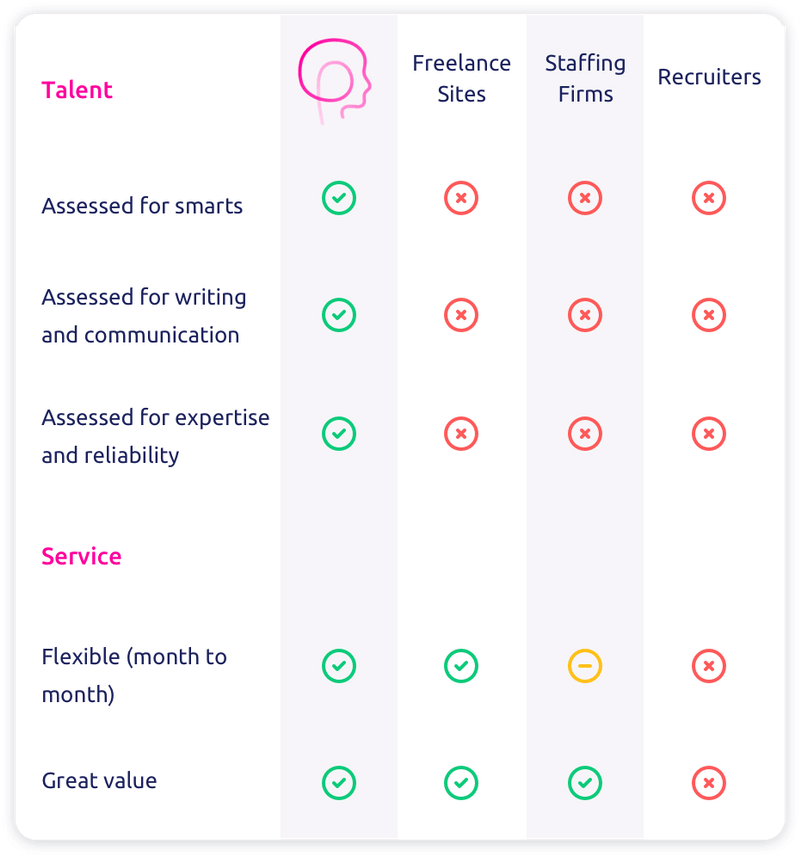What Is Flexible Staffing?
Flexible staffing refers to a type of workforce management strategy that allows companies to adjust their staffing levels according to their changing business needs. This means that companies can quickly scale up or down their workforce to meet the demands of their business without having to hire or lay off permanent employees.
Flexible staffing can take many forms, including temporary workers, part-time employees, freelancers, contractors, and consultants. These workers are often hired on a project basis or for a specific period of time, and may work on-site or remotely.
In the context of HR and recruiting, flexible staffing can help companies save money on labor costs, reduce the risk of overstaffing or understaffing, and improve their agility and responsiveness to changing market conditions. However, it also requires careful planning and management to ensure that the right talent is available at the right time and that all legal and regulatory requirements are met.
Why is flexible staffing important?
Flexible staffing allows businesses to adjust their workforce according to their needs and demands, which can lead to cost savings and increased productivity. It also allows for a more agile response to market changes and unexpected events.
What are some common types of flexible staffing?
Common types of flexible staffing include temporary staffing, part-time staffing, contract staffing, and project-based staffing. Each type offers different benefits and can be tailored to meet the specific needs of a business.
Dos And Donts for Flexible Staffing
Dos
- Do define clear roles and responsibilities for each team member.
- Do communicate regularly with your team members to ensure everyone is on the same page.
- Do provide adequate training and support to your team members, especially those who may be new to flexible staffing.
- Do establish clear guidelines and expectations for work hours, availability, and communication.
- Do monitor productivity and provide feedback to team members on their performance.
Donts
- Don’t assume that flexible staffing means your team members are always available or willing to work long hours.
- Don’t micromanage your team members. Trust them to do their work and meet their deadlines.
- Don’t ignore any issues or concerns that team members may raise about their workload or work environment.
- Don’t overlook the importance of team building and maintaining positive relationships among all team members, regardless of their work arrangements.
- Don’t forget to regularly evaluate the effectiveness of your flexible staffing model and make changes as needed.

